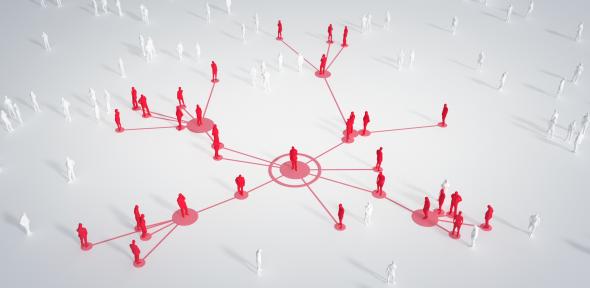Behaviour and Policy During Pandemics: Models and Methods

| Created: | 2022-02-28 12:55 |
|---|---|
| Institution: | Isaac Newton Institute for Mathematical Sciences |
| Editors' group: | Editors group for "Isaac Newton Institute for Mathematical Sciences". |
| Description: | Background
Over the course of the COVID-19 pandemic, modelling has taken centre stage both in forecasting, policy formulation and in informing the public, featuring prominently in the advice given to government in the UK and beyond. The pandemic has had profound influence on social and economic activity, meaning that different policy interventions such as lockdowns and furlough schemes cannot be seen as merely public health policies or as economic policies in isolation. It is therefore important to better understand how policies interact through intertwined economic and disease dynamics and how different policies must be designed to work together. A successful integration of behaviour into epidemiological models would allow both modellers and policy makers to not only assess how different interventions will likely play out in practice, but also guide the policy making process itself, indicating which policies are likely to lead to greater health and socio-economic wellbeing. Advancements require collective engagement across disciplines, including behavioural scientists, epidemiologists, public health modellers, economic epidemiologists and those involved in public health policy. In November 2021, the Newton Gateway to Mathematics held a three, half-day virtual event series on ‘Modelling Behaviour to Inform Policy for Pandemics’, which consisted of three main themes: Understanding Behaviours Integrating Behaviours Into Models Using Behavioural Models to Inform Policy. This event series consisted of talks from experts at the forefront of behavioural science, mathematical modelling and economics. The desire to focus and collaborate on specific problems has led to the formation of the February event. This event was held virtually and was guided by links with the JUNIPER Consortium and delivered by the RAMP Continuity Network, the follow-on to the Royal Society’s Rapid Assistance in Modelling the Pandemic (RAMP) initiative. It brought together modelling expertise from a diverse range of disciplines to support the pandemic modelling community already working on COVID-19. Aims and Objectives Following on from the November 2021 event series, this virtual workshop aimed to bring together the relevant scientific communities (epi-modellers and economic epidemiologists) to work on addressing current problems in modelling behaviour and its epidemiological, economic and societal implications for the COVID-19 pandemic. The following four problems were presented and potential solutions were be discussed. |
| Website: | https://gateway.newton.ac.uk/event/tgm114 |
Media items
This collection contains 4 media items.
Media items
Behaviour and the Dynamics of Epidemics
23 views
Andy Atkeson (UCLA)
22 February 2022 – 15:30 to 15:50
Collection: Behaviour and Policy During Pandemics: Models and Methods
Institution: Isaac Newton Institute for Mathematical Sciences
Created: Mon 28 Feb 2022
Determining optimal interventions during pandemics - how do we define the appropriate objective function?
14 views
Mike Tildesley (University of Warwick)
22 February 2022 – 13:40 to 14:00
Collection: Behaviour and Policy During Pandemics: Models and Methods
Institution: Isaac Newton Institute for Mathematical Sciences
Created: Mon 28 Feb 2022
From Pandemic to Endemicity: Is Behavior Over or Underweighted in Modeling the COVID-19 Pandemic?
28 views
Eili Klein (Johns Hopkins University)
22 February 2022 – 14:00 to 14:20
Collection: Behaviour and Policy During Pandemics: Models and Methods
Institution: Isaac Newton Institute for Mathematical Sciences
Created: Mon 28 Feb 2022
Incorporating economic data into optimal vaccine models
19 views
Anup Malani (University of Chicago Law School)
22 February 2022 – 15:10 to 15:30
Collection: Behaviour and Policy During Pandemics: Models and Methods
Institution: Isaac Newton Institute for Mathematical Sciences
Created: Mon 28 Feb 2022

